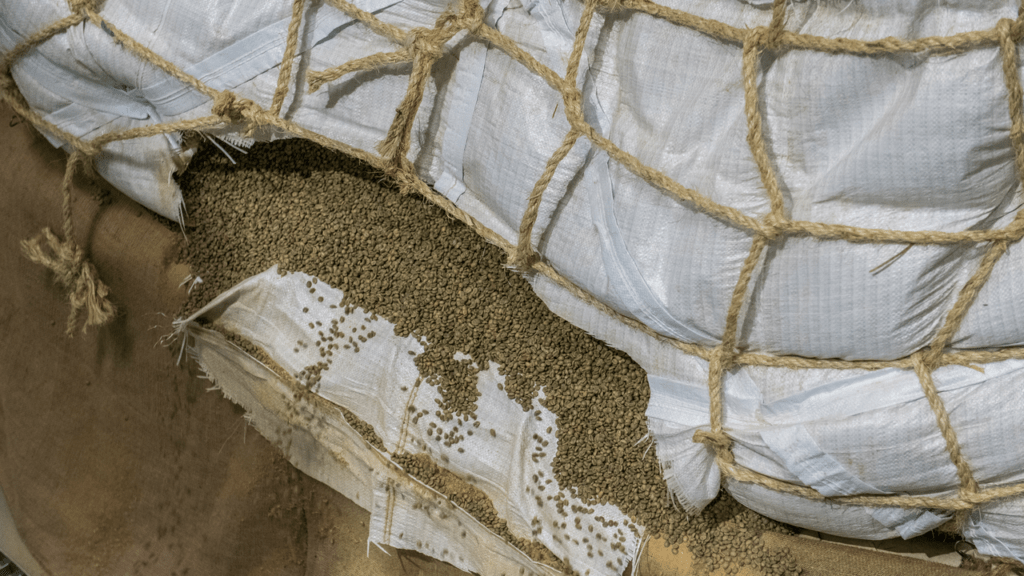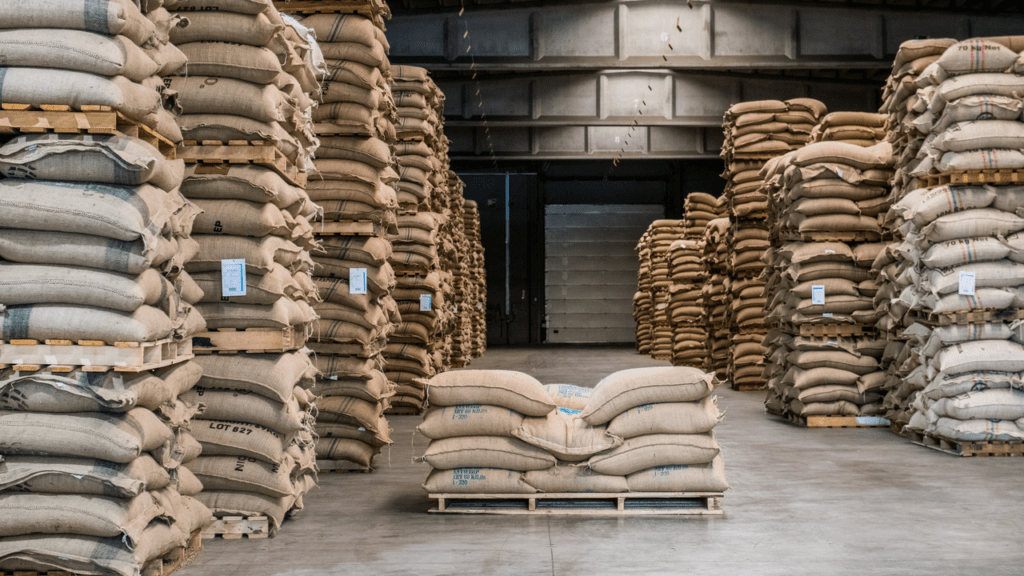Friday was International Coffee Day, and it’s a safe bet quite a few cups were sunk in the offices of Molenbergnatie, a huge warehouse in the Port of Antwerp.
They have reason to be proud, said Kenneth Budts, logistics manager, speaking on Radio 2 Antwerp.
"We are the largest coffee handler in the port and therefore also in the world," he explained. "Our warehouses are full of jute bags of coffee from Vietnam, Brazil, Colombia and many other countries."
The stock currently sitting in storage can conservatively be estimated at 400,000 tonnes, or enough coffee beans to make 43 billion cups of coffee, or half a dozen for every man, woman and child on the planet.
Molenbergnatie belongs to the Antwerp traditions of ‘naties’ – corporation or consortium that works in a particular area. Examples include those with a geographical link – Amerika Natie, Mexico Natie, Euro Natie – and those with a commodity link – Tabaknatie, Katoen Natie or Wol Natie.
There are others whose purpose is less easy to determine, as names change across the years (or centuries, the first naties were created in 1421) and Molenbergnatie is one of those.
The company was formed in 1867 by 22 members, with the purpose of “the loading and unloading of ships, the transport and processing of merchandise and goods, the exploitation of warehouses and the performance of all other activities, demanded by trade and industry and which the nations of Antwerp charge themselves with”.
As broad a definition as you could ask for. Only later did it come to be specialised in coffee.

© Port of Antwerp
And Belgium has the ideal conditions for the storage of coffee, thanks to its climate.
"For centuries, coffee from the four corners of the world has been traded here. Belgium has the ideal climate to store coffee,” Budts said.
“The temperature and humidity rise and fall very gradually. Coffee beans do not like fluctuations. Antwerp is also more interestingly located than the Dutch or German ports to supply southern Europe with coffee."
The company supplies raw beans, to be roasted and blended by the client. And every client is different.
"Our customers are large international coffee brands, small local coffee roasters and everything in between,” he said.
“The market for specialty coffees has been growing strongly lately. We increasingly send small batches of special coffee or someone comes to pick up one or two bags of beans."

